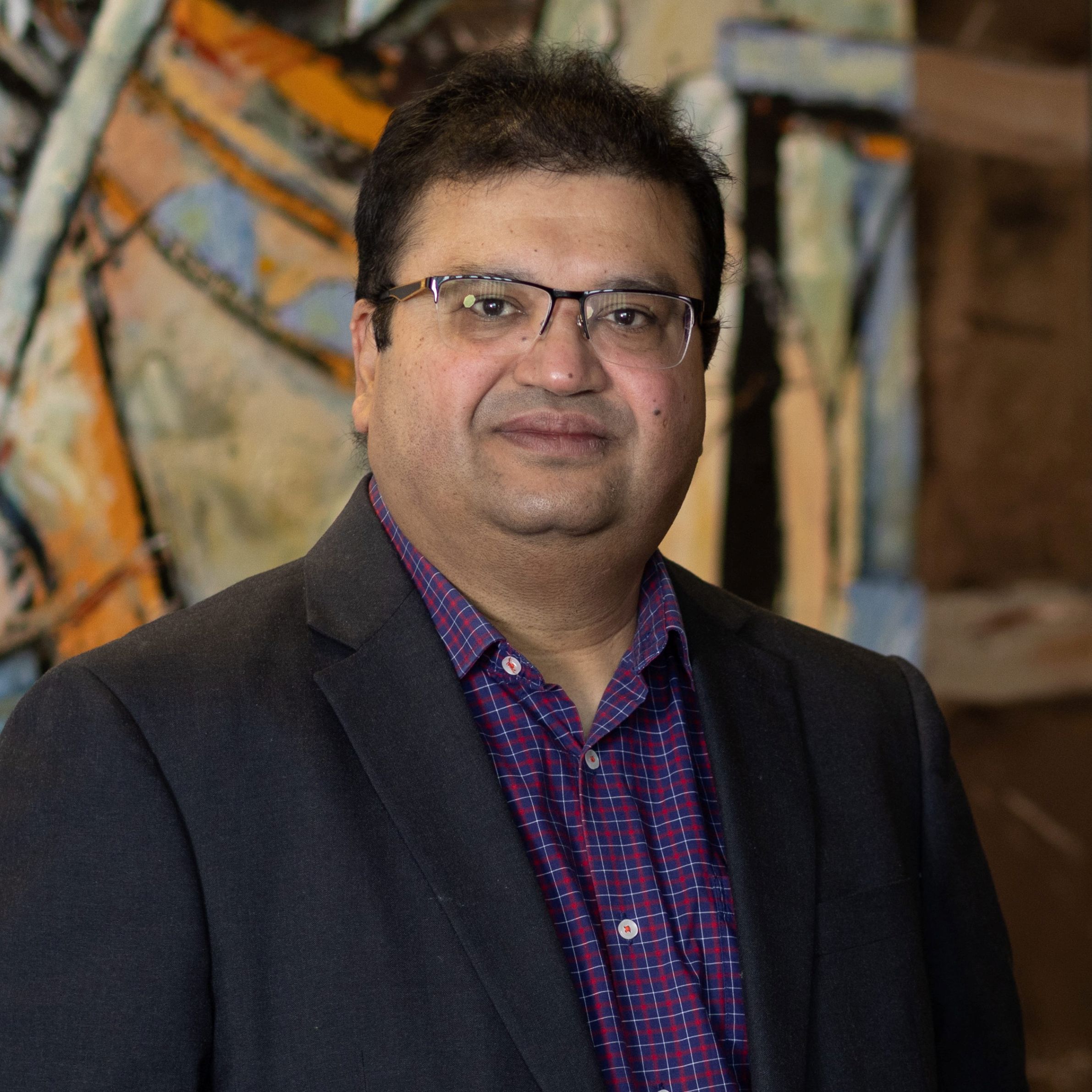
Nutritional Sciences faculty members’ research continues to influence policy, inform practice, and drive innovation in digital health worldwide.
Shariful Islam, professor in the Department of Nutritional Sciences at Texas Tech’s College of Health & Human Sciences and a physician and researcher in digital health and cardiovascular medicine, has been named among the top 2% of scientists worldwide based on citations of their work. The distinction underscores the global reach and relevance of his research.
“It is a great honor to be included in the top 2% of the world’s scientists in terms of citations of their work,” said Nikhil Dhurandhar, chair of Nutritional Sciences. “The greater the relevance of your research to others, the higher the citation numbers. Ranking in the top 2% speaks to the influence and relevance of one’s work for the scientific community.”
Islam’s research integrates digital health innovations and artificial intelligence to address global health challenges. His team has developed AI-enabled wearables and smart home systems that improve disease prediction, support treatment adherence, and reduce hospital readmissions. His work has also contributed to the Global Burden of Disease studies, shaping health policy worldwide.
Islam began exploring digital health early in his medical training while working in resource-limited settings, where he saw the potential of mobile technology to overcome barriers in health care delivery. His research has since expanded from simple text messaging interventions to predictive models, innovative ecosystems and privacy-preserving AI algorithms designed for personalized care. He has published more than 390 peer-reviewed articles and contributed to major clinical guidelines, including the World Heart Federation’s digital health roadmap.
Mentoring, Islam said, allows him to help shape the next generation of researchers and clinicians who will advance health care innovation. He finds it rewarding to see students build critical-thinking skills, work across disciplines, and translate ideas into real-world solutions.
Islam earned his medical degree at the University of Dhaka and a Ph.D. in international health in Germany. His career has taken him to Bangladesh, Germany, Sweden, Australia, and now the United States. Among his accomplishments, he established the Global Health Research Group, which has secured more than $8.5 million in funding and built a global network of collaborators.
At Texas Tech, Islam plans to pursue interdisciplinary projects that combine engineering, computer science, and health sciences. He envisions AI-powered diagnostic tools, wearable sensor integration for chronic disease management and big-data approaches to population health. These partnerships, he said, can position the university as a leader in digital health while creating scalable solutions for rural and underserved communities.
“Dr. Islam’s multidisciplinary background will be highly beneficial in collaboration with the Whitacre College of Engineering in biosystems engineering,” Dhurandhar said. “We look forward to him initiating multiple research collaborations and mentoring students. We are very excited to have him move from Australia to join us in Lubbock.”
